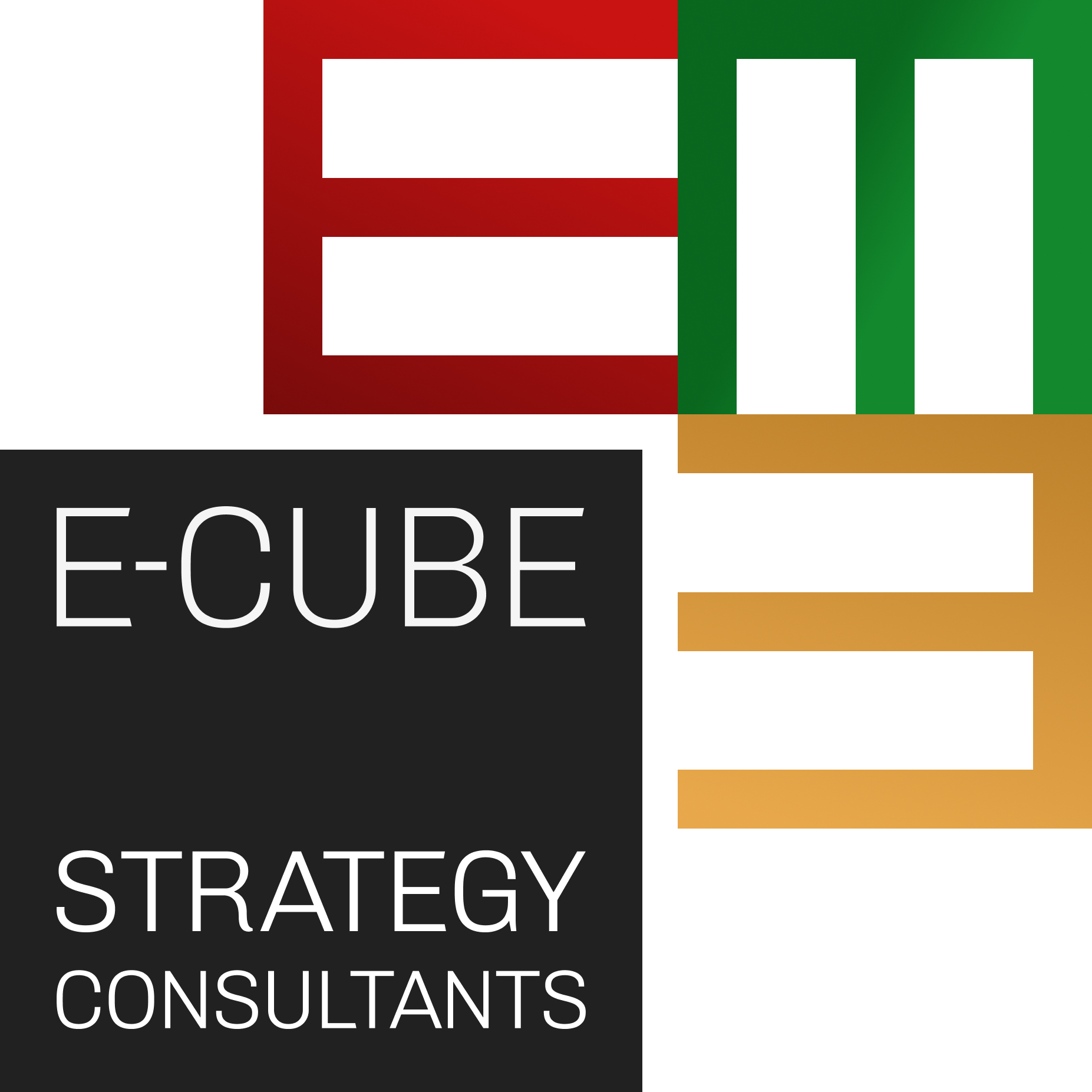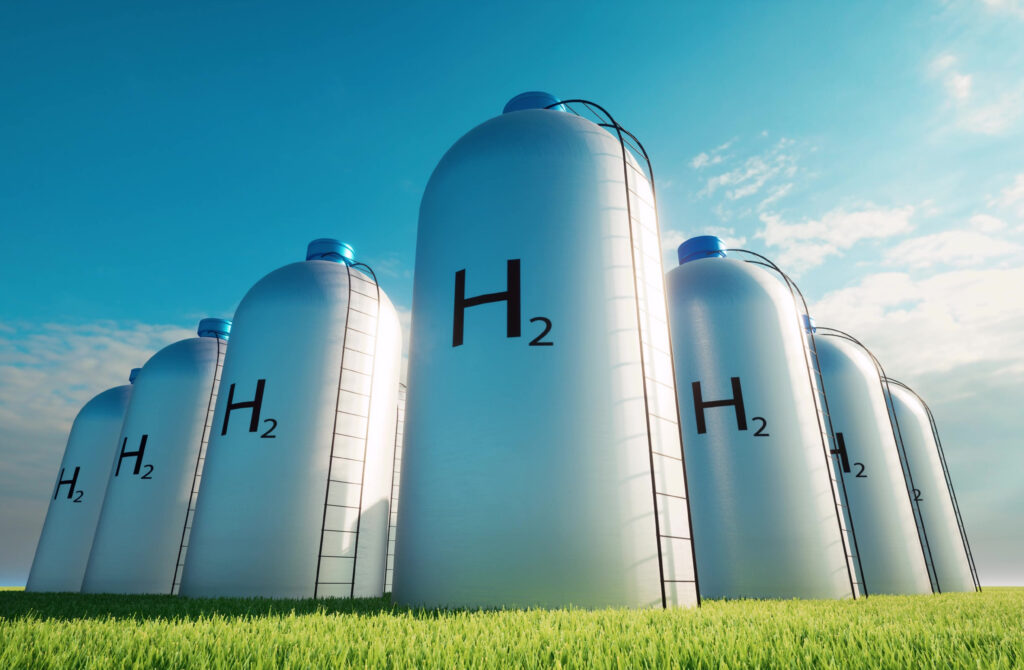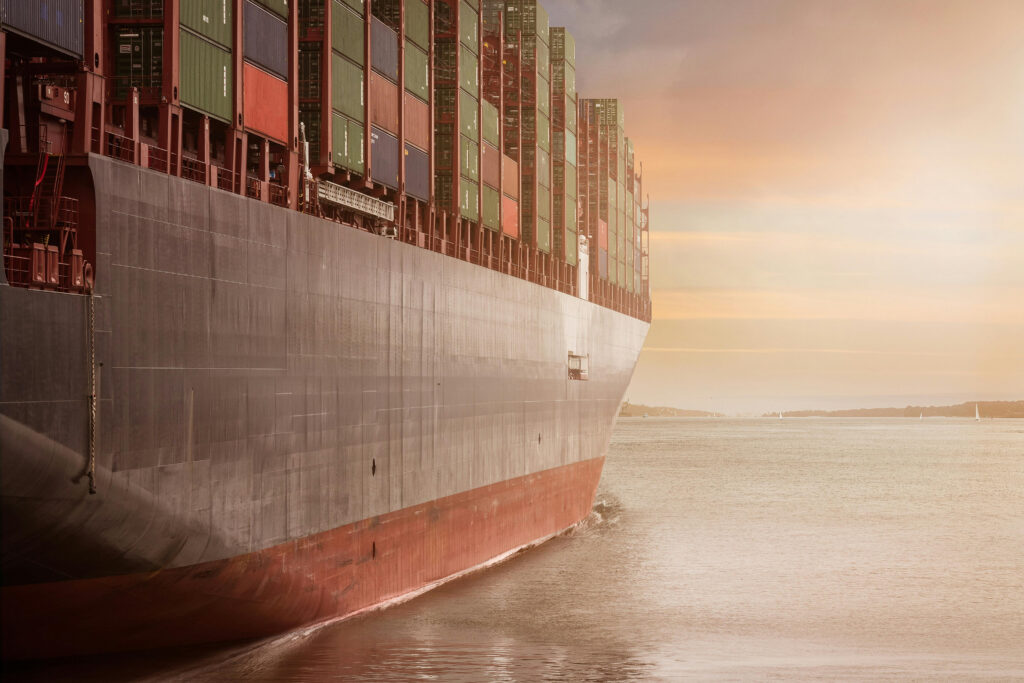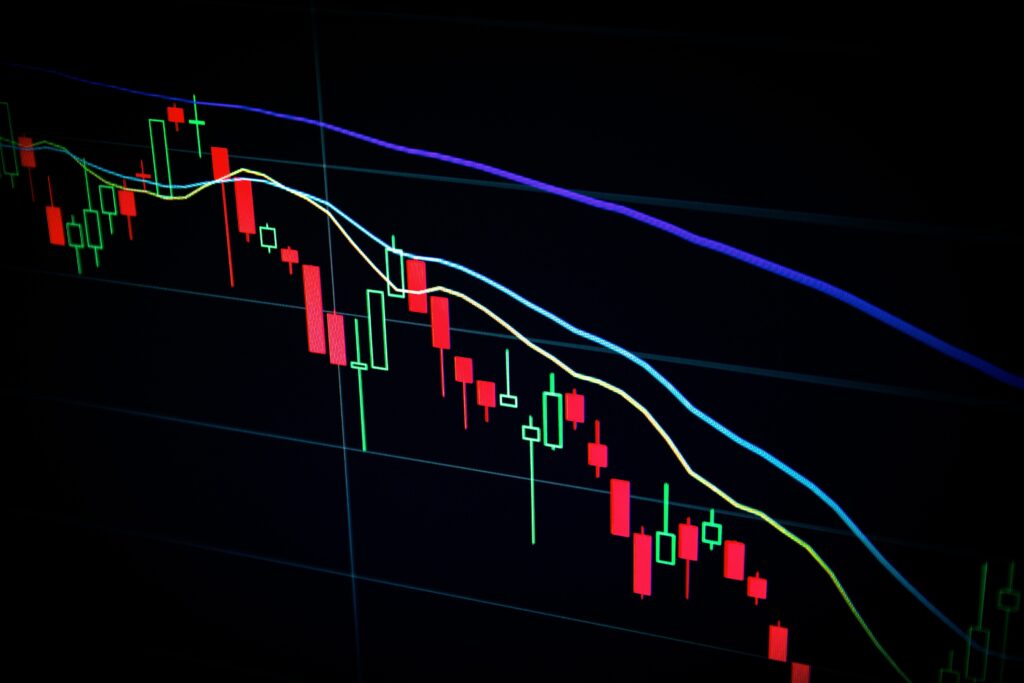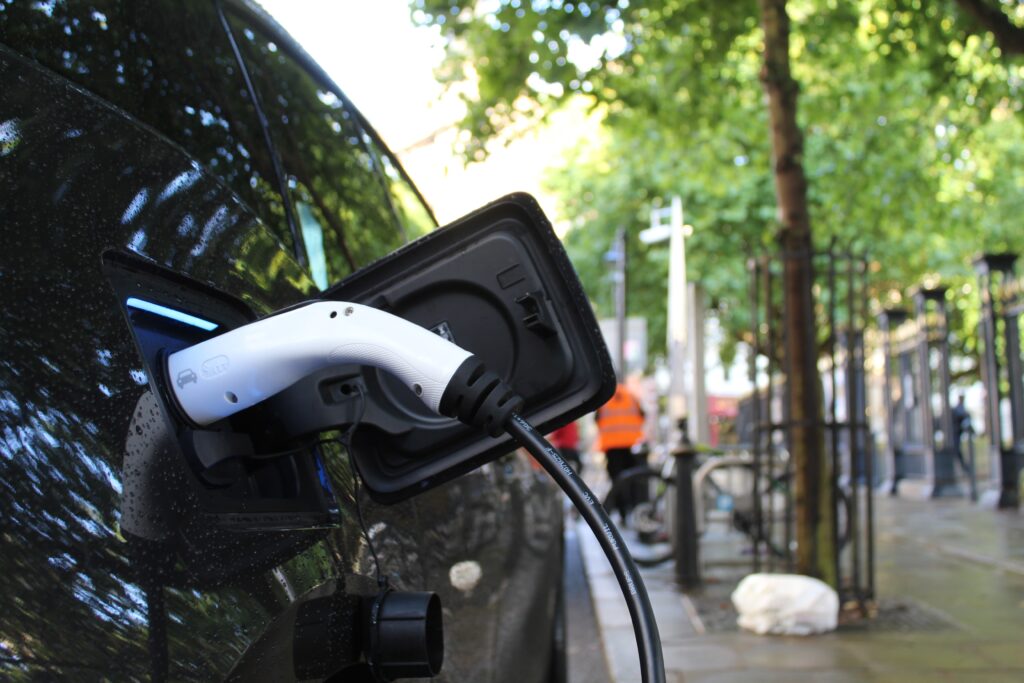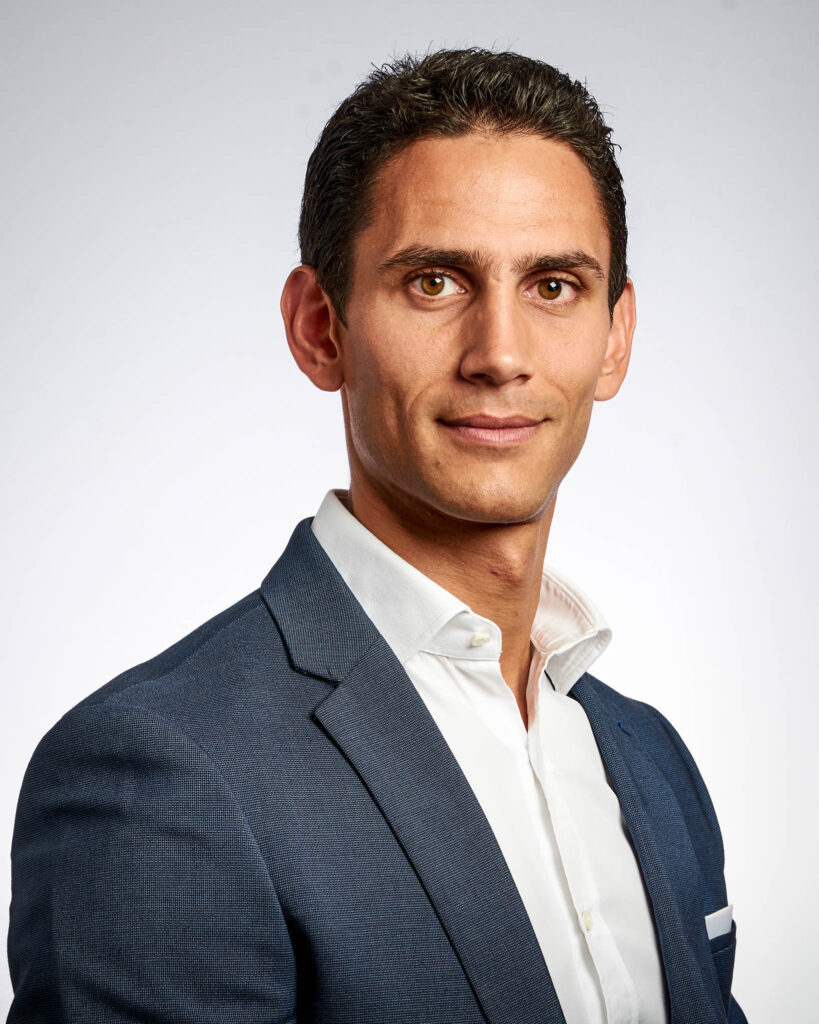L’année 2025 a été une année fortement contrastée pour la filière hydrogène.
Au niveau mondial, le développement de la filière a continué d’avancer, notamment en Asie (Chine, Corée du Sud) et dans le cadre de certains grands projets de production au Moyen-Orient. L’AIE chiffre à +70% les investissements dans la filière comparativement à 2024 avec une multiplication par 3 des commandes d’électrolyseurs.
Au niveau européen en revanche, la filière a connu un fort ralentissement et plusieurs déconvenues :
- Faillites d’entreprises dans la mobilité et la fabrication d’équipements ;
- Ralentissement / décalage de grands projets d’infrastructures :
- Echec relatif du 1er appel d’offres de la banque européenne de l’hydrogène avec plusieurs lauréats ayant abandonnés leurs projets.
Si les contraintes budgétaires actuelles connues dans de nombreux pays européens ne plaident pas en faveur de la relance d’une dynamique forte pour la filière H2, de nombreux éléments permettent néanmoins d’être plus optimiste pour les années à venir vis-à-vis de l’émergence de l’H2 pour les usages clés de l’industrie.
L’année 2026 devrait tout d’abord connaitre la mise en service de la plus grande usine de production européenne en Normandie (projet Normand’Hy porté par Air Liquide), actant le passage à l’échelle industrielle, malgré la dynamique.
D’un point de vue réglementaire, de nombreuses lignes ont bougé ces derniers mois, avec notamment :
- La définition européenne de l’hydrogène bas-carbone, ouvrant la voie à une possibilité de soutien à l’électricité nucléaire et à l’hydrogène bleu ;
- La mise en place du CBAM et les propositions de la Commission Européenne sur l’Automotive Package visant notamment à stimuler la demande européenne en acier bas-carbone de l’industrie automobile (en compensation de l’abandon de l’interdiction de commercialisation de moteurs thermiques).
La Commission Européenne devrait par ailleurs proposer une révision de sa stratégie H2, qui pourrait assouplir les règles de certification de l’H2 renouvelable et donc réduire à court-terme les coûts de production. La transposition de la directive RED III via des mécanismes de fuel certificates valorisant l’H2 utilisé dans les raffineries devrait continuer de soutenir la demande dans ce secteur (quota minimum RNFBO). Plus globalement, le plan de relance allemand pourrait engendrer dans ce secteur des investissements tirant la filière européenne au global. En France, l’État a publié fin décembre le cahier des charges du premier appel d’offres visant à soutenir la production d’hydrogène décarboné, avec un soutien sur 15 ans indexé sur les volumes produits. Les offres sont attendues d’ici fin février 2026. Ce lancement est un jalon important qui doit contribuer à sécuriser des projets “à l’échelle” et à accélérer la compétitivité de l’H2 décarboné pour l’industrie (hors raffinage).
Enfin, pour être au rendez-vous de l’échéance 2030, certains projets e-fuels pourraient voir leur FID prises dans les 18 mois qui viennent sous l’impulsion du secteur des transports aériens qui, après avoir eu globalement une position plutôt « attentiste » vis-à-vis de la contractualisation de SAF (et en particulier RFNBO) jusqu’à présent.
En 2026, nous serons donc particulièrement attentifs aux éléments suivants :
- Les évolutions et discussions autour du cadre réglementaire impactant l’hydrogène au niveau européen, et notamment la révision de la stratégie européenne
- Les suites des propositions de la Commission sur l’Automotive Package, et leurs impacts potentiels à moyen terme sur la demande en acier bas carbone
- Les résultats du premier appel d’offres hydrogène décarboné en France et leurs implications (prix de soutien, typologie de projets, calendrier de réalisation)
- La dynamique de marché spécifique au SAF et RFNBO
- L’évolution de la dynamique hors Europe et notamment en Asie
E-CUBE a développé une forte expertise sur le sujet des biocarburants à travers ses projets récents et l’expérience de ses consultants. Nous serions heureux d’échanger avec vous sur ces perspectives de marché et opportunités. N’hésitez pas à contacter les experts ci-dessous pour planifier une discussion sur le sujet.
